ADAPTING TO THE NEW NORMAL

We are facing a “new normal.” Still not certain what that will be.
Early in adulthood, I was exposed to the idea that life would be a series of transitions, one after the other. “Same old, same old” wasn’t a thing. “Continuing change” would be.
The person who taught me that idea went further by saying, “If there is going to be constant change, we should have a “process” for addressing it. We should develop the “skill” of addressing change, navigating change, and then doing it all over again.”
He proposed a process called ADAPT:
- A– Activate Commitment. This step requires an important shift in your thinking. It’s that moment where you say to yourself, “This is a time where change is upon me,” and you face that moment with a mindset that says, “I’m going to be active in addressing this change, not passive.” It’s an important step. Change is coming. We can hope it won’t and ignore it, but it will come anyway. We can’t wish it away. Procrastination in addressing it won’t make it better. Facing it early and aggressively will help you navigate it with the greatest effect.
- D– Develop Resources. In general, you don’t adapt to change with old tactics, strategies, information, and knowledge. The new change will require more of you. The “who, what, when, where and why” will be different by definition. While what we’ve done in the past and how we’ve succeeded up to now really matters and informs us, the new challenge will call for something more. Actively searching out what is needed is to adapt proactively.
- A– Adjust Expectations. Nothing will go as planned. Nothing in a changing world will roll out as you imagined it. Some things will be better, some worse. Some things easier, some harder. Some surprises will come. There is uncertainty in navigating change. Knowing that we should expect to adjust to shifting circumstances will help to keep you from losing momentum when those expectations aren’t met.
- P– Prioritize/Plan. In navigating change, you prioritize. We ask ourselves daily, what’s important now? We plan to meet that need and we act. Again, we are active. We have a workable plan. We keep with it.
- T – Transition.Eventually the change feels normal. You have transitioned to a new place, a new situation, a new state, a new relationship.
I have used this process for over 40 years. When I feel stuck, fearful, confused, or see an opportunity, it’s helpful to go through the list.
You can use these thoughts to “happen to the world.” I recommend it.
